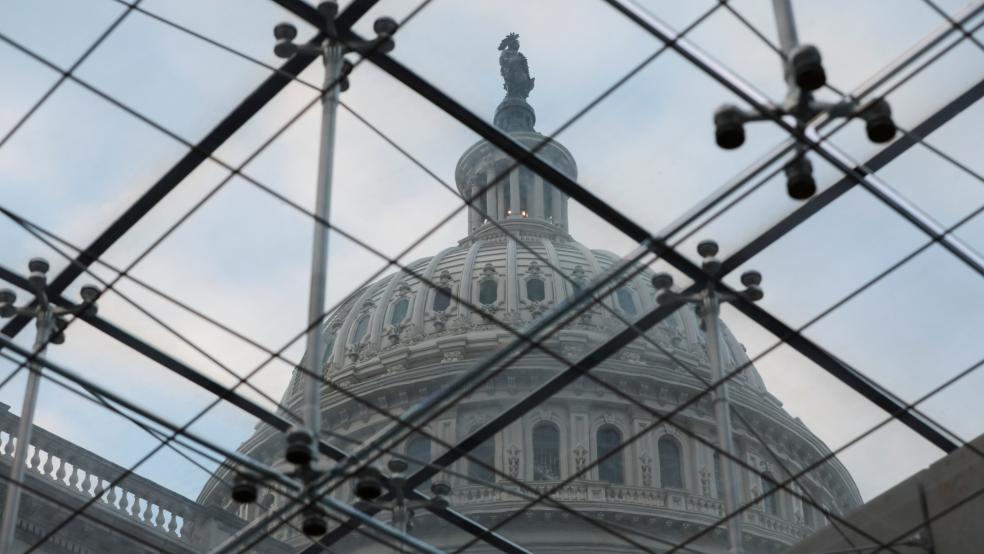A Democratic effort to preemptively raise the debt limit during the lame-duck session of Congress is fading fast, according to reports Wednesday.
Hoping to deny Republicans in the House the opportunity to use the debt ceiling as a hostage in future spending negotiations, some Democratic lawmakers want to increase the debt limit during the next six weeks, before they lose control of the House in January.
A handful of Republicans have indicated that they would refuse to raise the limit in the next Congress unless lawmakers agree to make substantial spending cuts — a move that many analysts say would needlessly risk a global economic catastrophe in the event that the U.S. failed to meet its debt obligations on time.
Republicans have used that approach before. In 2011, a group of conservative lawmakers, many affiliated with the Tea Party Caucus, forced a showdown over raising the debt ceiling that pushed the U.S. to within two days of default, a move that resulted in a downgrade of the country’s sovereign rating by Standard & Poor’s. The showdown ended when then-President Barack Obama agreed to spending cuts as defined by the Budget Control Act of 2011.
Wait ‘til next year: Budget experts say the debt ceiling will likely need to be raised in the third quarter of 2023, giving lawmakers time to work out an agreement. But some Democrats, including House Speaker Nancy Pelosi (D-CA), were hoping to eliminate the potential threat for at least two years by raising the limit now.
Senate Minority Leader Mitch McConnell (R-KY) signaled this week that he is not interested in cooperating in any such effort now, saying the issue can wait “until sometime next year.” That effectively eliminates the possibility that the debt ceiling could be raised on a bipartisan basis during the lame-duck session.
Democrats do have the option of raising the debt limit unilaterally through the reconciliation process, which allows the Senate to pass a spending-related bill with just a simple majority. But Senate Majority Whip Dick Durbin (D-IL) said this week that, with lawmakers facing a December 16 deadline to pass a government funding bill, there isn’t enough time left for a reconciliation bill. “It takes too much time,” Durbin said. “We have three weeks and there is too much else on the agenda.”
Democrats may not have the votes for reconciliation, either, with Sen. Joe Manchin (D-WV) telling reporters that he wants any increases in the debt ceiling to be done on a bipartisan basis.




